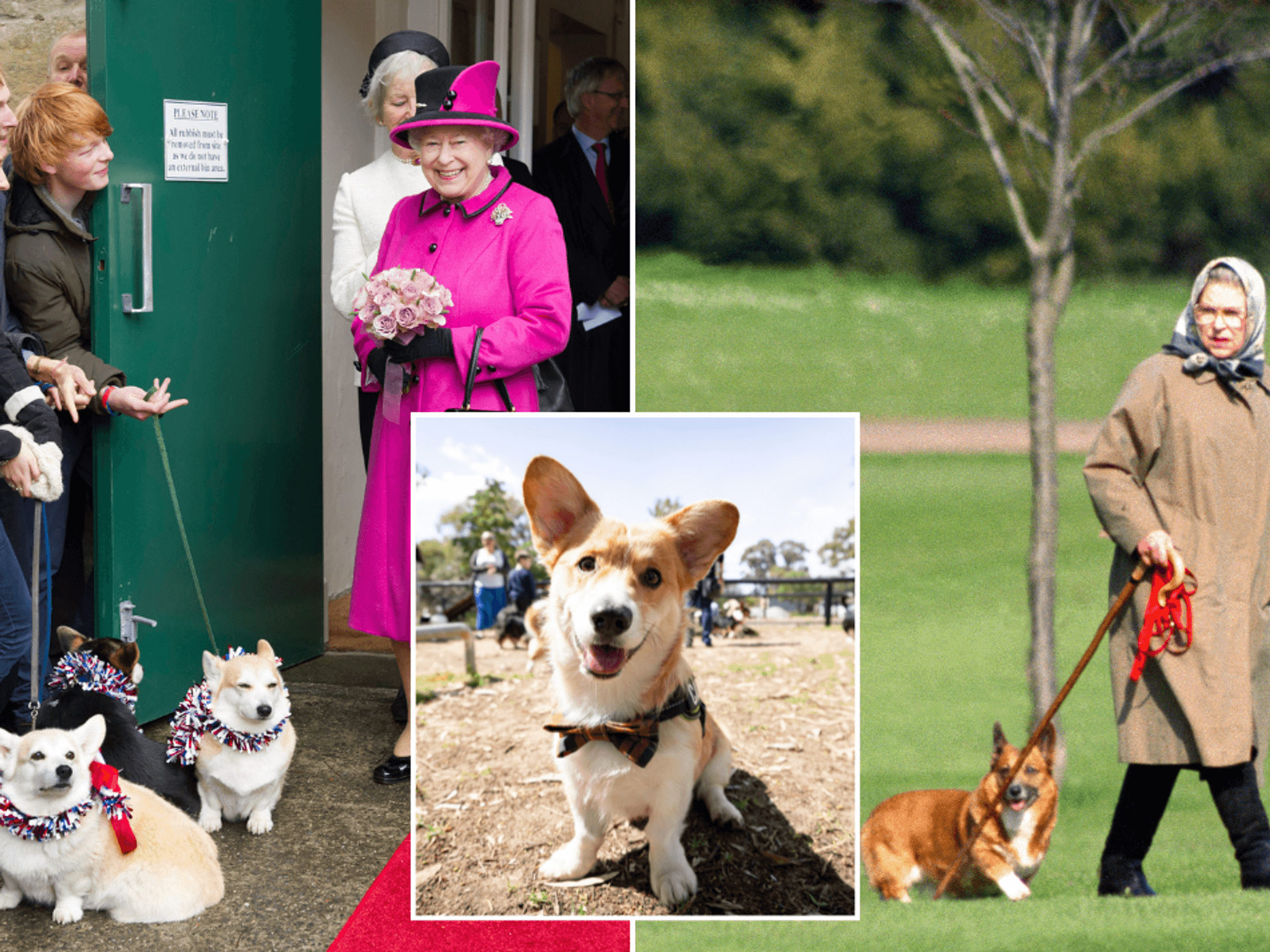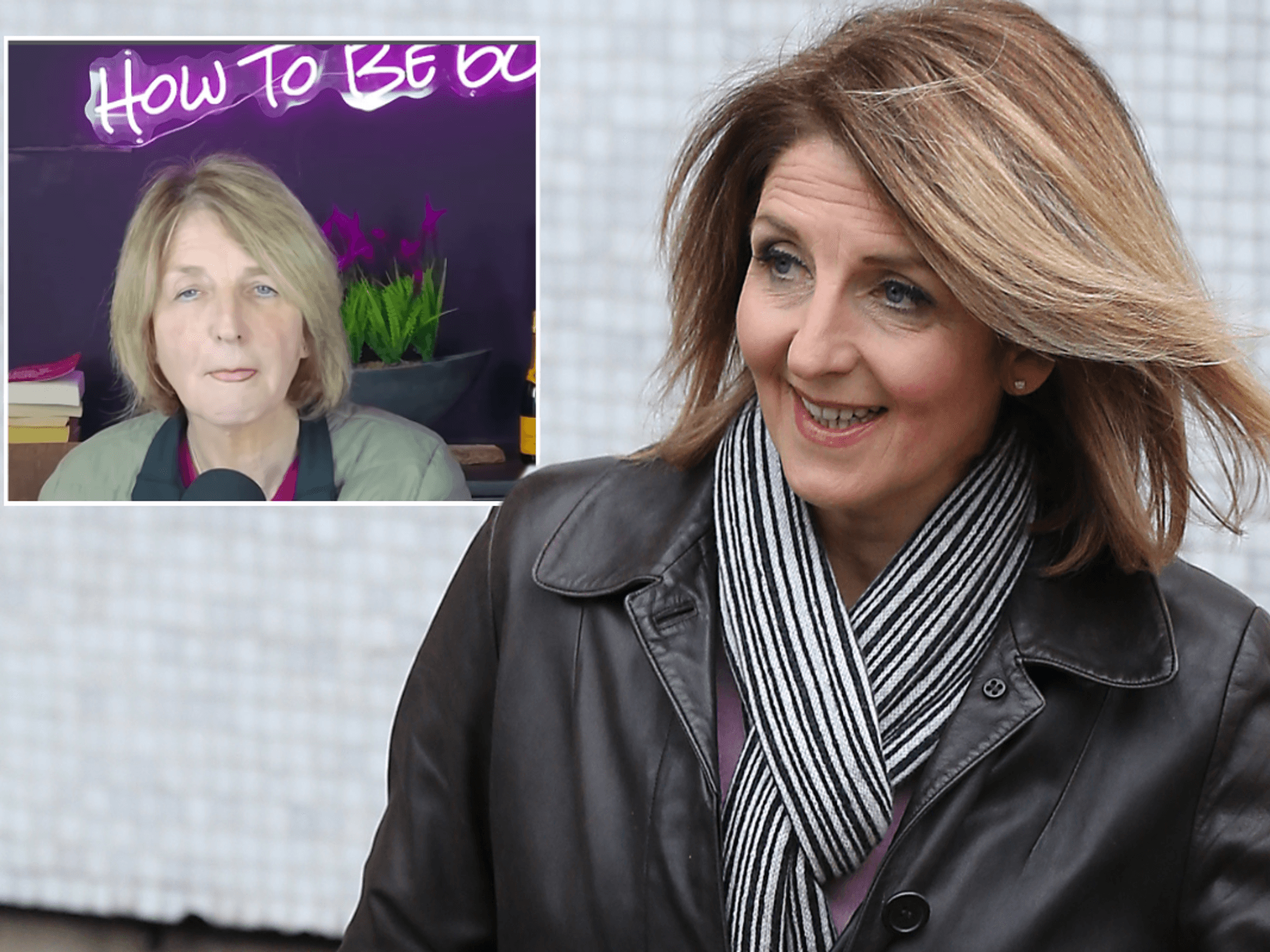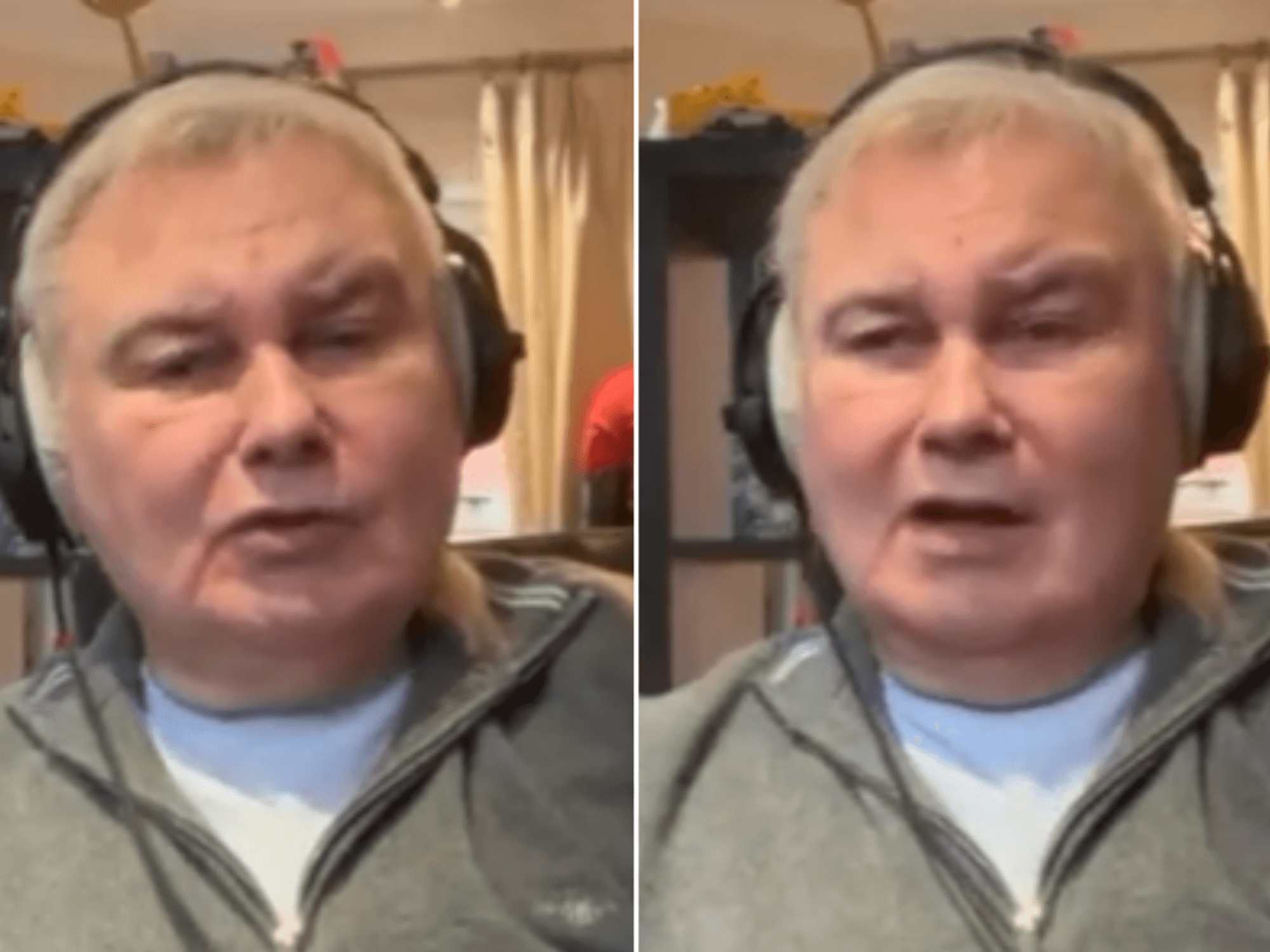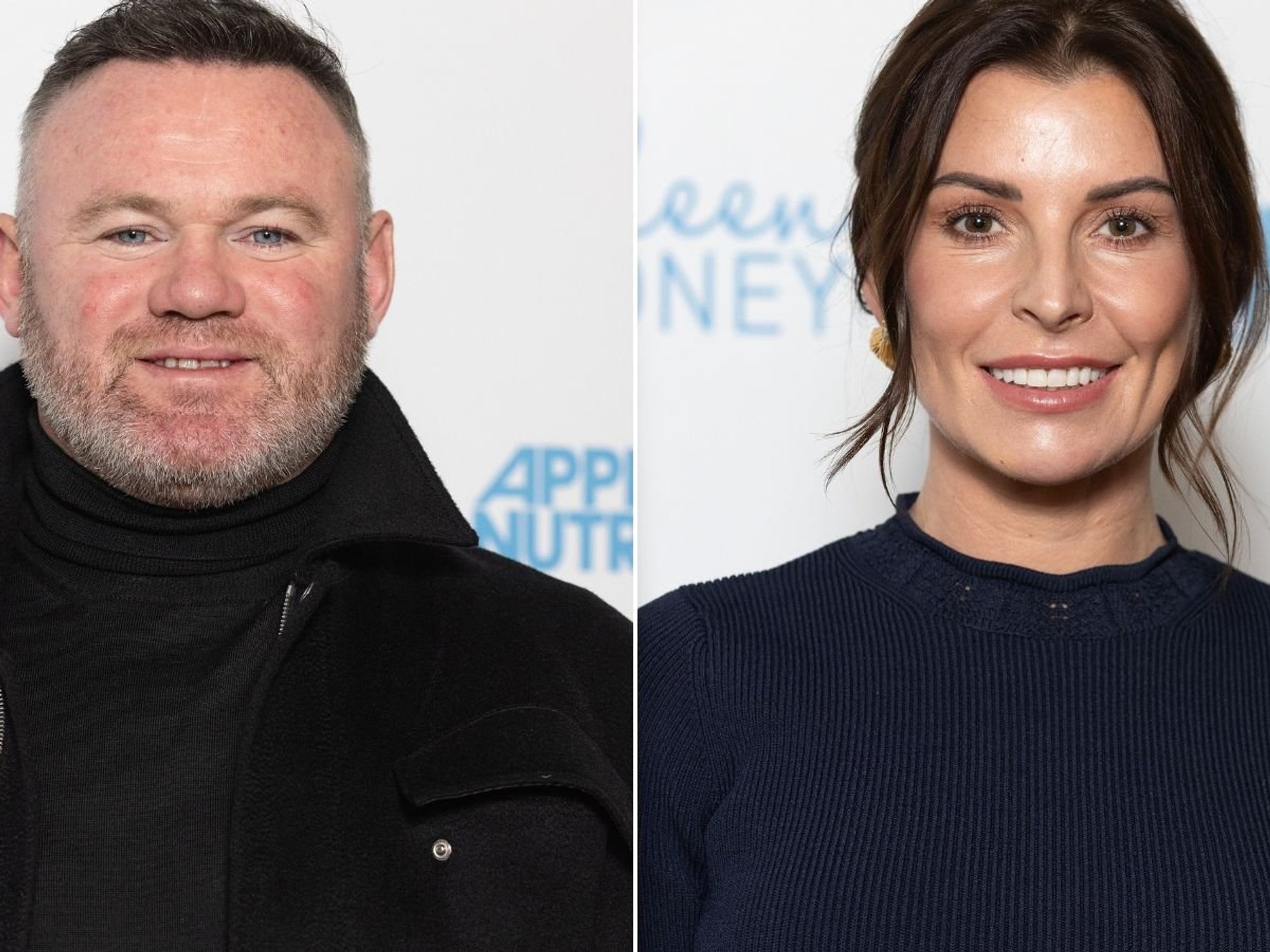'No one takes it seriously!' BBC fact-checkers under-fire as 60 strong 'independent' unit accused of 'political bias' AGAIN
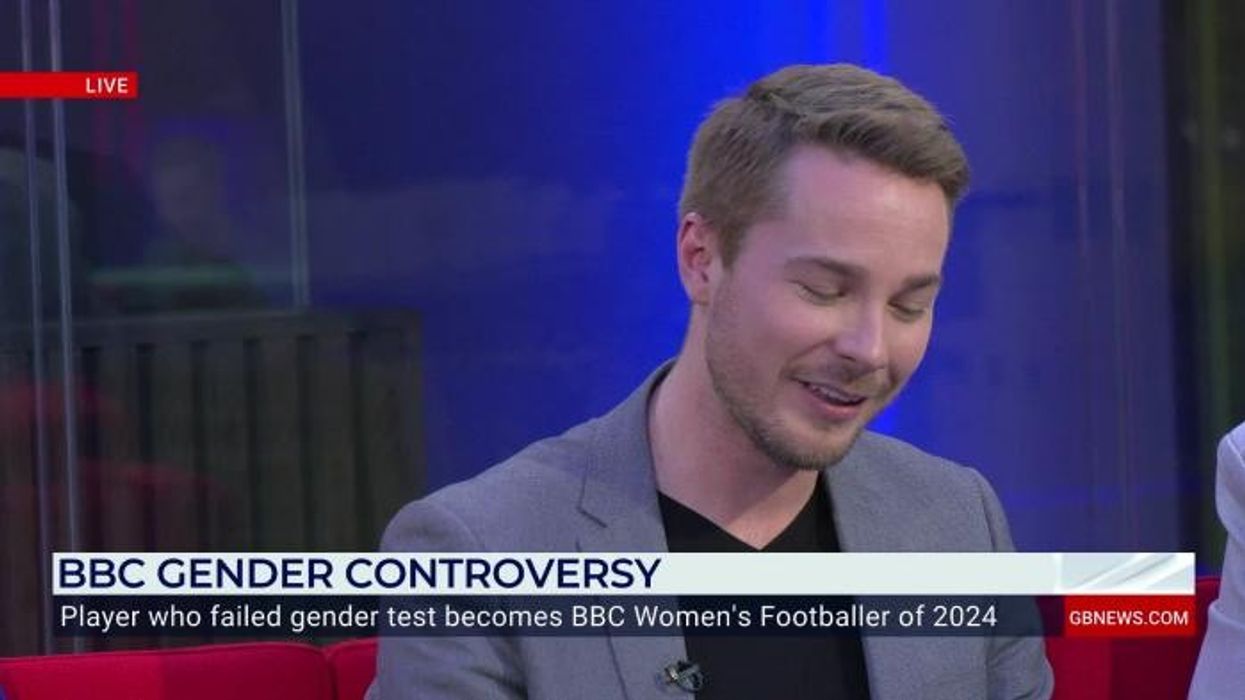
WATCH: BBC's Women's Footballer of the Year branded a 'PR stunt' in scathing analysis
|GB NEWS
The unit has been criticised for its lack of clarity, as well as political bias and numerous inaccuracies
Don't Miss
Most Read
Latest
BBC fact-checkers have come under fire as a unit - composed of 60 “verifiers” - has been accused of “political bias” once again.
BBC Verify, which is composed of journalists such as analysis editor Ros Atkins and social media investigations correspondent Marianna Spring, has been slapped with criticisms of political bias, excessive inaccuracies, and lack of clarity.
When the unit was created, director general of the BBC Tim Davie described the group as “critical”, claiming that it would “increase understanding of how we go about finding the truth”.
A spokesman for the BBC said: “The aim of BBC Verify is to provide impartial, independent analysis and information to audiences, using a range of sources.”
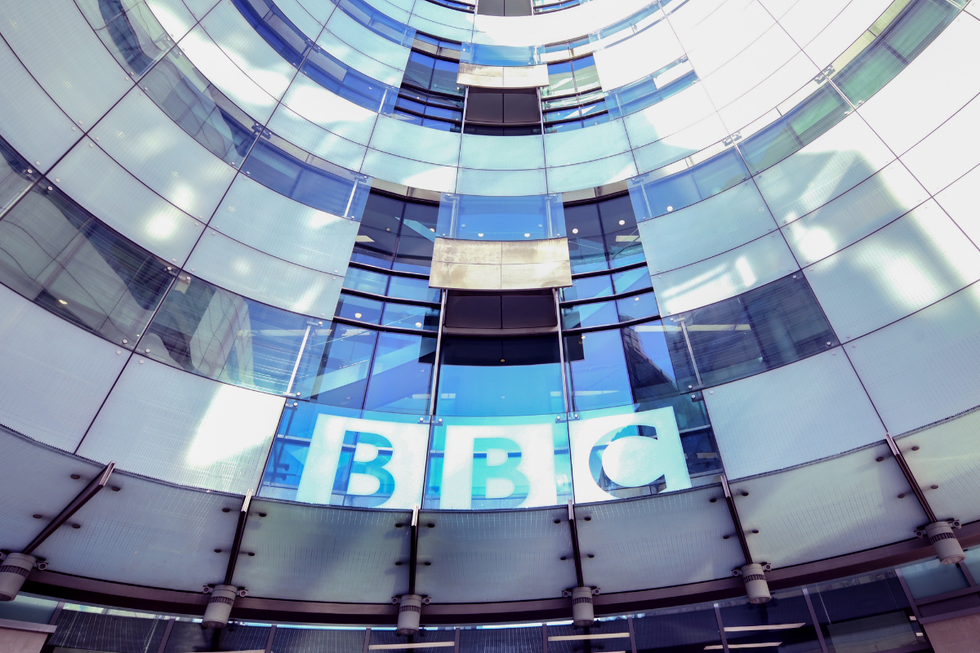
One source said: “I don’t know anyone in the media who takes it seriously”
|PA
However, the corporation’s new unit has been increasingly bashed, being described as “a bit of an insult to the rest of the journalists at the BBC”, according to a source inside the Conservative Party - an institution that has been regularly scrutinised by the fact-checking body.
They added: “Why do you need a special team to check facts – isn’t that what all BBC journalists should be doing? They are filling a non-existent hole in the market. It’s been heavily resourced but you look at the people involved and most look very junior. It feels patronising.
“I don’t know anyone in the media who takes it seriously.”
The source continued: “And those journalists probably feel slighted that here comes 28-year-old Marianna Spring who reportedly embellished her CV [when applying for a job in 2018] but is now the final arbiter of truth.”
LATEST DEVELOPMENTS:
Even BBC alumni have slammed Verify, including former director Danny Cohen, who said: “BBC Verify claims to represent a new gold-standard in BBC reporting but the frequency with which it has had to correct stories does not suggest that it is meeting these lofty aims.”
Most recently, the Verify team faced backlash over its “fact-checking” of claims connected to the farmers’ protests in response to Labour’s inheritance tax raid last week.
The report in question included commentary from Dan Neidle - a Labour activist - under the title of an “independent tax expert”, amplifying his verdict that the Government’s claims that approximately 500 farms would be impacted by the tax hike were “likely” to be true.
However, the Country Land and Business Association hit back, arguing that as many as 70,000 farms could be impacted, highlighting the BBC’s errors in its analysis.
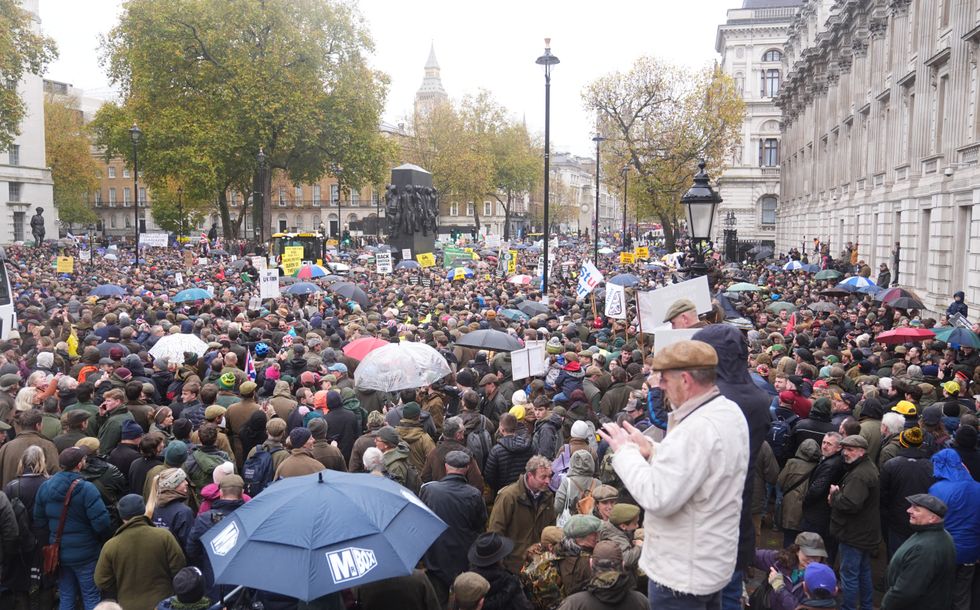
The BBC article had originally mixed up acres and hectares
|PA
The same article was cited by Keir Starmer to support his Budget's policy at the G20 summit in Rio de Janeiro, which sparked accusations of political bias.
The Verify team deleted the claim which said that the Government’s claim that around 500 farms would be impacted was likely to be true.
The story had already been amended since the original story mixed up hectares and acres.
After a new article was published - which removed Neidle’s statement but still supported the Government with different sources - a BBC spokesman said: “Dan Neidle’s analysis wasn’t removed – the below 500 figure was taken out for brevity as it was repetitive.
“The new piece is a deep dive on the numbers using analysis from the Institute of Fiscal Studies and CenTax to explore the figures as thoroughly as possible in the light of the discussion. This article is clear we stand by our original assessment and it explains why.”
On suggestions of bias in favour of Labour, a BBC spokesman said: “We’ve covered different points of view on this story and given an impartial, factual analysis of the numbers involved.”





